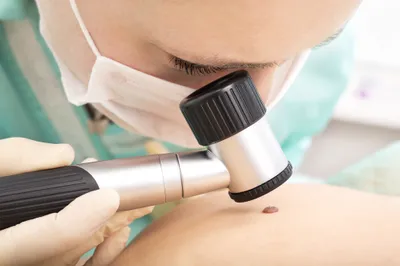
The treatment focuses on melanoma patients whose cancer has spread into the bloodstream or lymphatic system. It’s called Immunotherapy and it involves helping the immune system to recognize and target melanoma. So far results have shown that the treatment, which involves drugs taken by mouth, has a dramatic impact on skin cancer tumors.
One of the world’s leading researchers in this area is Princess Margaret Cancer Centre medical oncologist Dr. David Hogg. Hogg says Immunotherapy represents a new stage in a long, challenging, but progressively more successful war against skin cancer.
“We’ve gone from an absolutely dismal situation a decade ago to a situation where we’re now starting to see real progress,” Hogg said.
To explain how Immunotherapy works, Hogg uses the analogy of getting a car to start moving. It begins with the ignition, or getting the immune system to recognize the melanoma as a foreign invader. Second, the accelerator must be applied. This involves getting immune cells to actively attack tumors. The third step involves hitting the brakes, or shutting down the treatment process once the infection has cleared.
Of course, the system isn’t flawless. The agents involved in Immunotherapy are powerful but don’t always have an impact on melanoma. As is usually the case with cancer treatment, Hogg says every patient must be treated differently.
Still, there’s reason to be hopeful. Hogg says the Immunotherapy approach does show promise and could eventually be used to help treat lung, kidney, and gynecological cancers.



